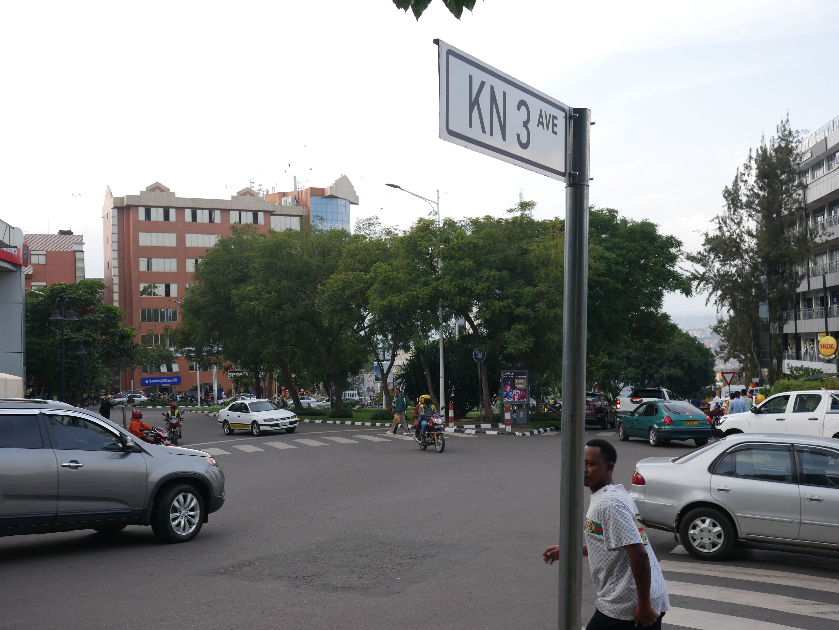
Rwanda, a nation of rolling hills and vibrant culture. As a newcomer, understanding the social nuances of this East African nation is crucial. While generalizations can be tricky, this post aims to shed light on some key aspects of Rwandan social interaction.
Respect and Formality
Rwandan culture places a high value on respect, particularly towards elders and those in positions of authority. Greetings are important and often involve a handshake and a polite inquiry about well-being. Using formal titles, like “Mr.” or “Madam,” when addressing someone older or more respected is customary. Public displays of affection are generally avoided, and it’s considered polite to dress modestly.
Communication Styles
Communication in Rwanda can be indirect, and it’s important to pay attention to non-verbal cues. Directly criticizing someone or pointing out their mistakes in public is considered rude. It’s often preferable to communicate concerns or disagreements privately and diplomatically. Silence doesn’t necessarily indicate disagreement; it might mean someone is considering what you’ve said or is hesitant to express a differing opinion.
Community and Collective Identity
The concept of community is deeply ingrained in Rwandan culture. “Umuganda,” a day of community service, is a testament to this collective spirit. Family ties are strong, and decisions are often made with the family’s well-being in mind. Individualism is less emphasized than in many Western cultures, and it’s important to be mindful of the impact your actions might have on the wider community.
Dining Etiquette
When dining in Rwanda, it’s customary to wait for everyone to be served before starting to eat. It’s considered polite to finish all the food on your plate, and expressing appreciation for the meal is essential. The go-to cutlery are knives and forks. Spoons are often to be requested.
Gift Giving
Small gifts can be a thoughtful gesture, especially when visiting someone’s home. Gifts should be wrapped respectfully, and it’s customary to present them with both hands. Avoid giving gifts that are overly extravagant, as this can be seen as ostentatious.
Language
Kinyarwanda is the national language of Rwanda, but French and English are also widely spoken, particularly in urban areas. Learning a few basic Kinyarwanda phrases, like “Muraho” (hello) or “Merci” (thank you), can go a long way in showing respect.
A Culture of Resilience
Rwanda has a history marked by tragedy, but the country has demonstrated remarkable resilience and a strong commitment to unity and reconciliation. It’s important to be sensitive to this history and to avoid making insensitive or uninformed comments about the past.
Navigating Cultural Differences
Understanding and respecting these social nuances is crucial for building positive relationships and fostering meaningful interactions in Rwanda. While this post provides a general overview, it’s always best to observe and learn from those around you.
Being open-minded, adaptable, and willing to learn will help you navigate the social landscape of Rwanda with grace and understanding. By demonstrating respect for Rwandan culture and customs, you’ll be well on your way to a positive and enriching experience.
Kigali Newcomers,
Hopefully now you understand a few of Rwanda’s social nuances.
If you have a question about this post,
Questions@kigalinewcomers.com
